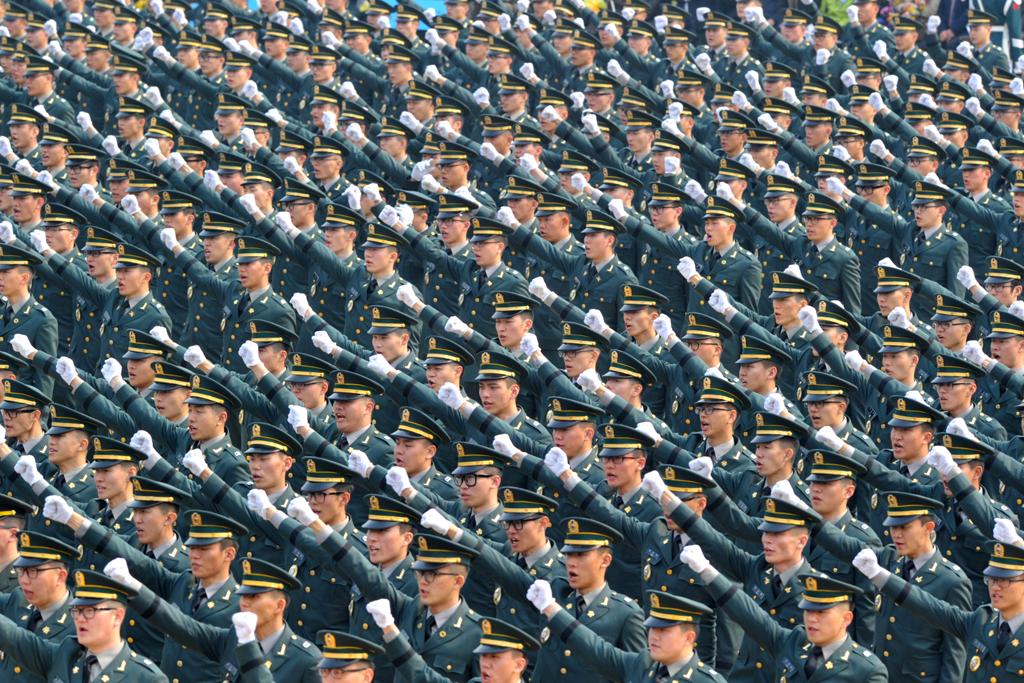North Korea formally rejects UN sanctions
New South Korean officers during a commission ceremony. North Korea has vowed to scrap peace pacts with South Korea, upping the ante after its recent nuclear test.
North Korea formally rejected an unanimous UN Security Council resolution calling on it to end its unpopular nuclear arms program on March 9, claiming that the sanctions would instead cause the DPRK to increase its arms capacity by a "thousand times," according to the Voice of America.
The Security Council passed the resolutions after North Korea's third nuclear test in February, writes the Voice of America — a measure which even China voted to pass, although Chinese leaders expressed their trepidation with the sanctions.
Read more from GlobalPost: North and South Korea exchange threats
"We always believe that sanctions are not the end of Security Council actions, nor are sanctions the fundamental way to resolve the relevant issues," said Chinese Foreign Minister Yang Jiechi on March 9, wrote Reuters.
"The only right way to resolve the issue is to take a holistic approach and resolve the concerns of all parties involved in a comprehensive and balanced manner through dialogue and consultations."
The intended UN sanctions will crack down on North Korean banned cargo and will impose more financial restrictions, added Reuters.
"These sanctions will bite, and bite hard," said US Ambassador to the United Nations Susan Rice of the sanctions, according to CNN.
Some watchers were hesitant that the sanctions would have the intended effect, according to a Reuters analysis of the move.
"Despite excitement by China watchers that internal debate amongst pundits and media organizations indicate the new Chinese leadership will adopt a new, more stringent policy toward its pesky ally, Beijing again shows itself to be an obstruction at the UN Security Council," said retired CIA North Korea analyst Bruce Klingner to Reuters.
"The new UN resolution is an incremental improvement, but it doesn't live up to Ambassador Rice's hype that it's exceptional and will significantly impede North Korea's nuclear and missile programs," he said.
The North's rejection of the UN sanctions comes hot on the heels of a week of fiery exchanges between North Korea and South Korea, as the two nations traded threats after North Korea announced it would cancel all nonaggression agreements against Seoul on March 8.
The North said on March 8 that it was equipped with nuclear warheads that were on standby in case an international confrontation came to blows.
Every day, reporters and producers at The World are hard at work bringing you human-centered news from across the globe. But we can’t do it without you. We need your support to ensure we can continue this work for another year.
Make a gift today, and you’ll help us unlock a matching gift of $67,000!
